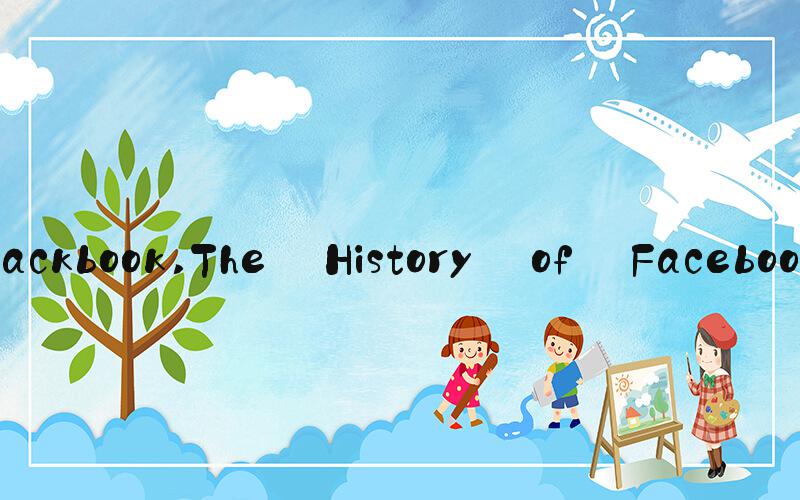
 Introduction
IntroductionFacebook is currently the world's largest social networking platform, with over 2.8 billion monthly active users as of December 2020. Founded in 2004 by Mark Zuckerberg, Facebook has evolved from a simple college networking site to a global behemoth, connecting people from all walks of life across borders and cultures. In this article, we will explore the various aspects of Facebook, from its history to its impact on society and the world at large.
The History of FacebookAs mentioned earlier, Facebook was founded by Mark Zuckerberg along with his college roommates Eduardo Saverin, Andrew McCollum, Dustin Moskovitz, and Chris Hughes. The original idea behind Facebook was to create a social networking site exclusively for Harvard students, which would then be extended to other universities across the US. However, its popularity grew rapidly, and by the end of 2004, Facebook had 1 million active users.
In the years that followed, Facebook steadily increased its user base and introduced new features such as news feeds, photo sharing, and messaging. The platform eventually went public in 2012 and raised $16 billion in one of the largest initial public offerings (IPOs) in history.
The Impact of Facebook on SocietyFacebook has undoubtedly had a significant impact on society over the years. On the positive side, Facebook has allowed people to connect with long-lost friends and family members, promote businesses, and share their views and opinions on various issues. It has also served as a platform for social and political activism, with many social movements gaining traction online through Facebook.
On the negative side, Facebook has been accused of contributing to the spread of misinformation, fake news, and hate speech. The platform has also been criticized for its handling of user data and privacy concerns, with several high-profile data breaches and scandals coming to light in recent years.
The Future of FacebookDespite its controversies, Facebook continues to dominate the social media landscape and shows no signs of slowing down. The platform has been investing heavily in new technologies such as virtual and augmented reality, and has also been exploring new ways to monetize its user base through advertising and e-commerce.
However, Facebook also faces several challenges in the years ahead, including increasing competition from newer social media platforms, regulatory pressure, and changing user behavior. It remains to be seen how the company will navigate these challenges and continue to evolve in the years to come.
ConclusionFacebook has come a long way since its humble beginnings as a college networking site. Today, it is the largest social media platform in the world and has had a significant impact on society and the way we connect with each other. While the platform has faced criticism and controversy over the years, it remains an essential part of our daily lives and will likely continue to shape the future of social media and communication in the years to come.
